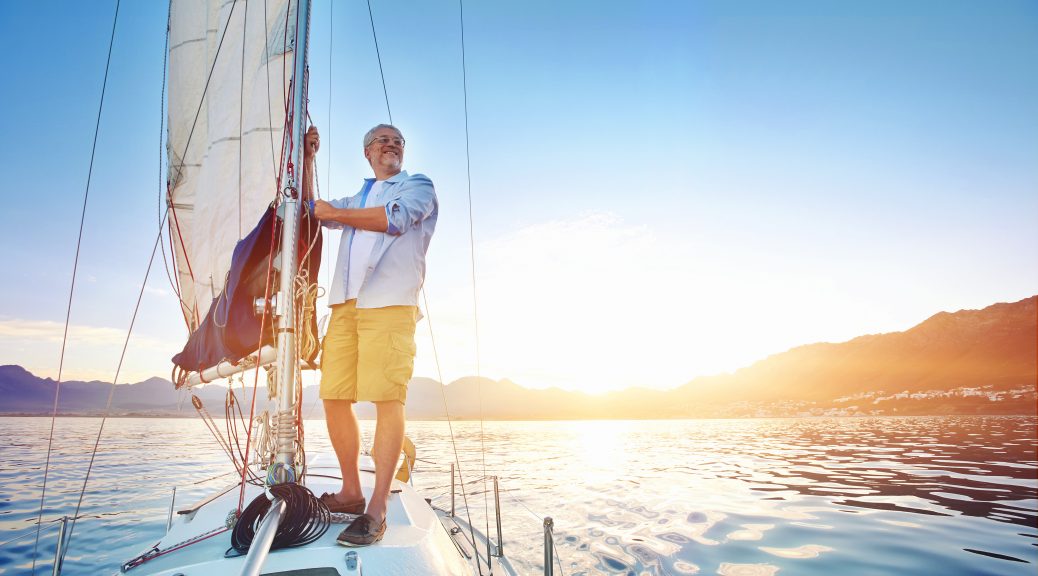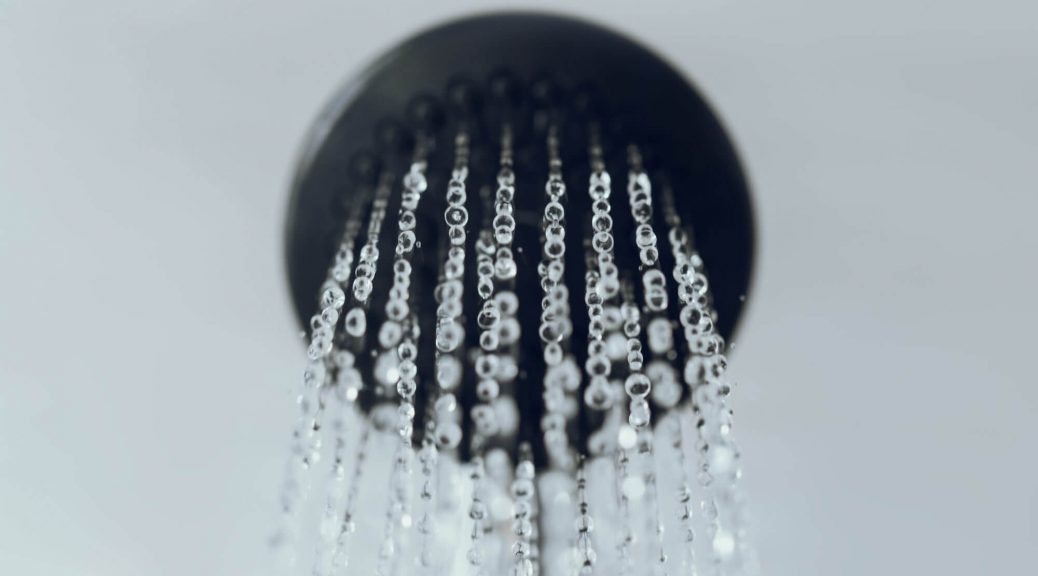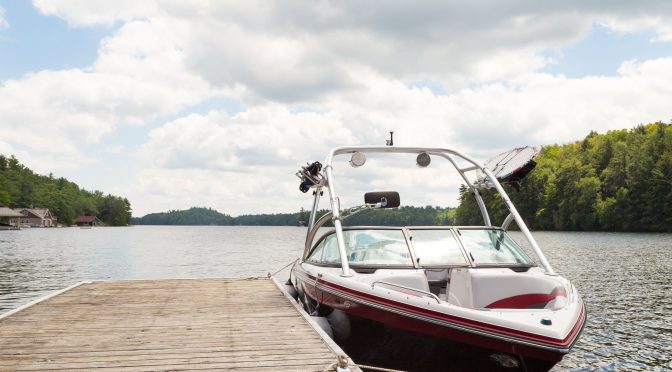Summer’s just around the corner and the water’s calling! Time to make sure your watercraft is shipshape. Derek Wolfe, one of our senior watercraft underwriters, offers 5 favorite tips for preparing your vessel. Here’s how to get ready for a season full of fun.
- Check the battery. Your wet cell battery probably lost water over the winter. Charging it when it’s low on fluid can invite all sorts of unpleasant surprises—from engine control issues to electrical shorts, even fires. Before you drop it in the boat or on charge, make sure it’s topped off with distilled water.
- Show your trailer some love. We could do an entire blog on prepping your trailer. Let’s just say it needs as much affection and attention as your boat does. To keep wheels rolling smoothly, your brakes working well, and protect your boat from scuffs:
• Pack and lubricate wheel bearings and seals.
• Bleed brake fluid to keep it clean and free from water and rust.
• Check trailer bunks for deteriorated wood or worn-out carpet that needs replaced.
- Inspect the hoses. Look for deteriorated or dried out hoses, splits or cracks, or foul odors coming from your black or gray water tanks. Even a minor water, fuel or exhaust leak is a problem. While you’re down there, double-check and tighten your hose clamps.
- Replace trailer tires. Between summer sun and winter storage, trailer tires may be ripe for replacement long before the tread wears out (usually every 3 years). To see if it’s time, check for any cracks, splits and tread separation. Or just check the date code stamped near the mounting ring.
- Protect the top deck. Not all damage happens below the water line. Sealant can shrink and crack over time, loosening fittings and creating gaps in the fiberglass deck. Rainwater loves gaps. Left untreated, it’ll find its way into the cabin, hull and deck. Simply loosen the fitting, apply a high quality marine sealant with UV protection, and tighten it back up.
Of course, if you’re not sure about anything, you can have it inspected or serviced by a qualified marine technician.
For information only. Not applicable to all situations.









